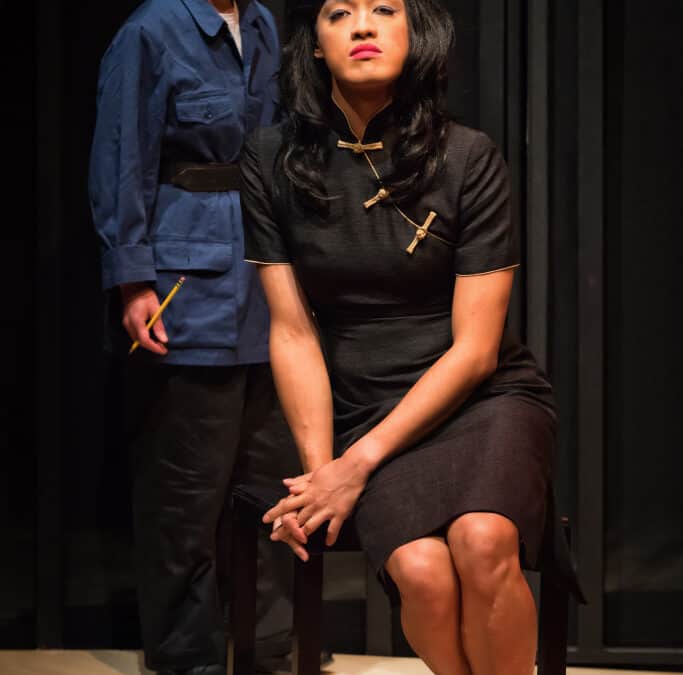
by Jack Gohn | Sep 26, 2017 | The Close Up, Theater Reviews and Commentary
Bruce Randolph Nelson’s portrayal of Monsieur Gallimard is authoritative: all the glibness of a would-be mandarin who cannot quite pull it off, a lyrical self-awareness that does not quite go far enough, and a touch of madness. Every line rang true.
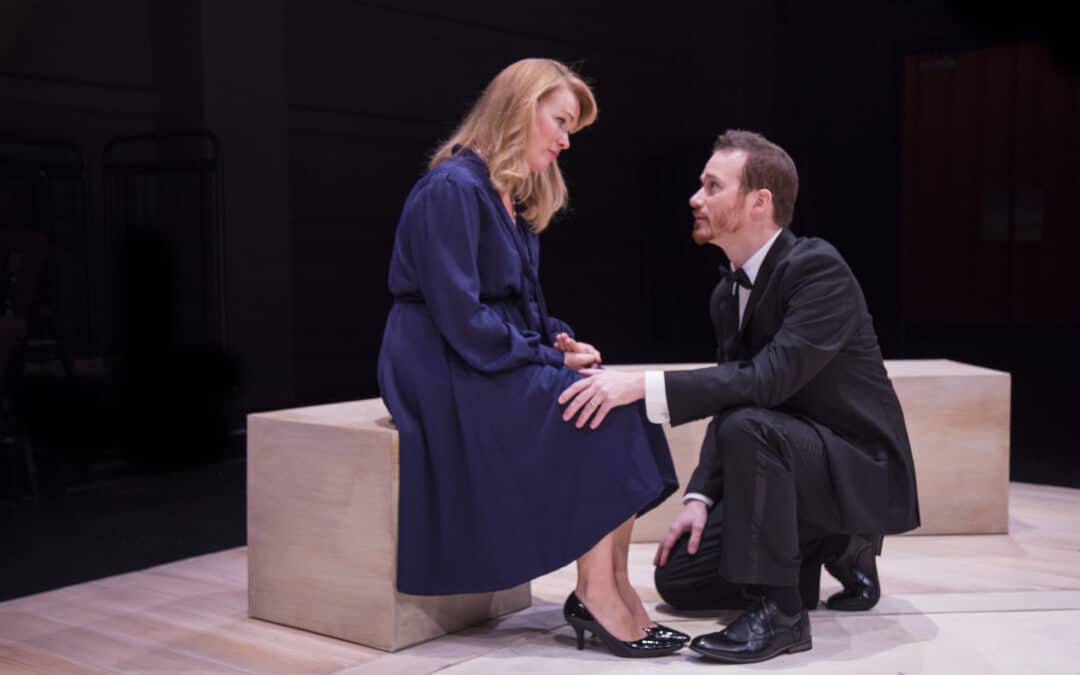
by Jack Gohn | Sep 26, 2017 | The Close Up, Theater Reviews and Commentary
The play has aged well. Women are, of course, still grappling with some of the issues that Heidi confronts. But it is not the specific issues that make the play last and lead me to predict that there will be revivals a century hence. One thing is for sure: the pop culture time-stamps like specific songs redolent of particular years will surely almost certainly elude our grandchildren. But the interplay between bright, somewhat idealistic people and their times is bound to continue, and stories about that interplay are bound to go on holding the attention.
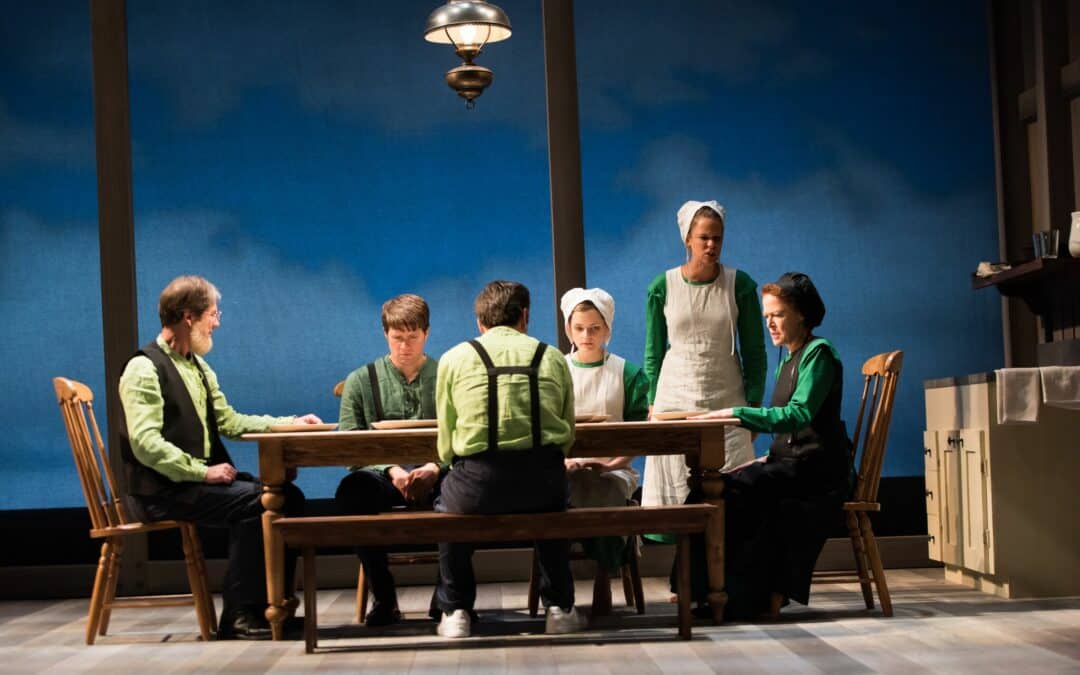
by Jack Gohn | Jul 30, 2017 | The Close Up, Theater Reviews and Commentary
I do not read Marcantel as indicting religion as such; she shows us how much groundedness and understanding faith gives. Every faith needs, and has, its own ‘Ordnung,’ but in order to live fully and well, Marcantel seems to be saying, believers will always need to transcend it. And then, as the play hints, believers will also need to return to it. Every faith journey will thus be a work in progress, forever.
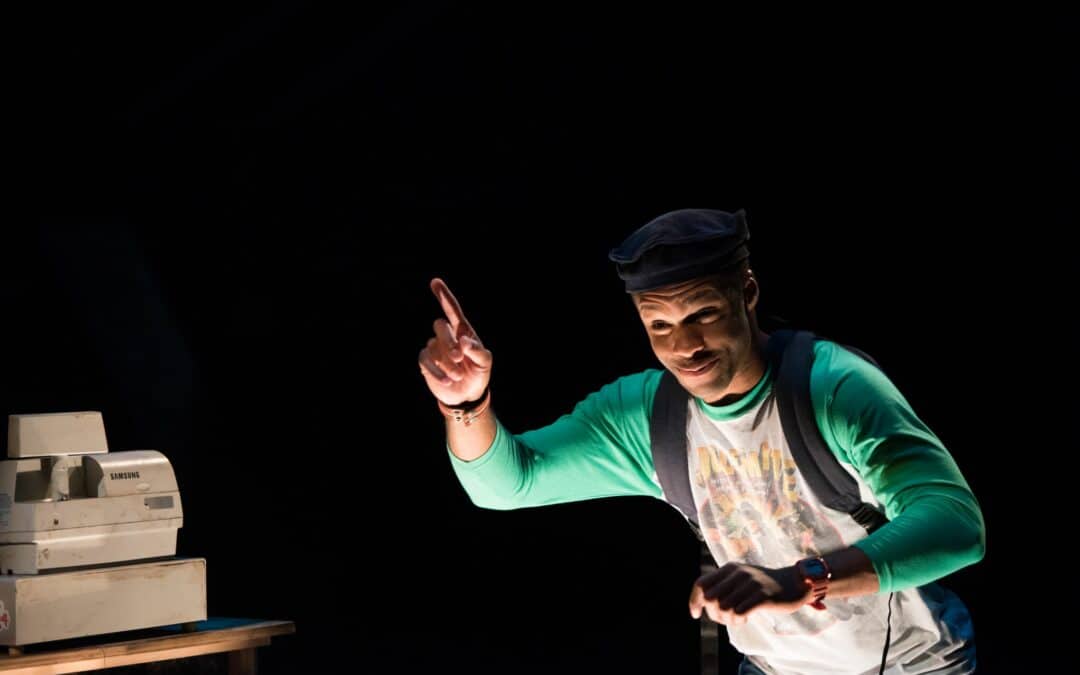
by Jack Gohn | Jul 30, 2017 | The Close Up, Theater Reviews and Commentary
Welcome to Fear City, premiering at the Contemporary American Theater Festival in Shepherdstown, WV, shambles along amiably, looking as if it has no more greater object than to be a loose black family dramedy set forty years ago. That is, until it dawns on you that the play’s ambition is to be nothing less than a snapshot of a time and place where a lot of things happened, and one vitally important thing, hip hop, came into being.
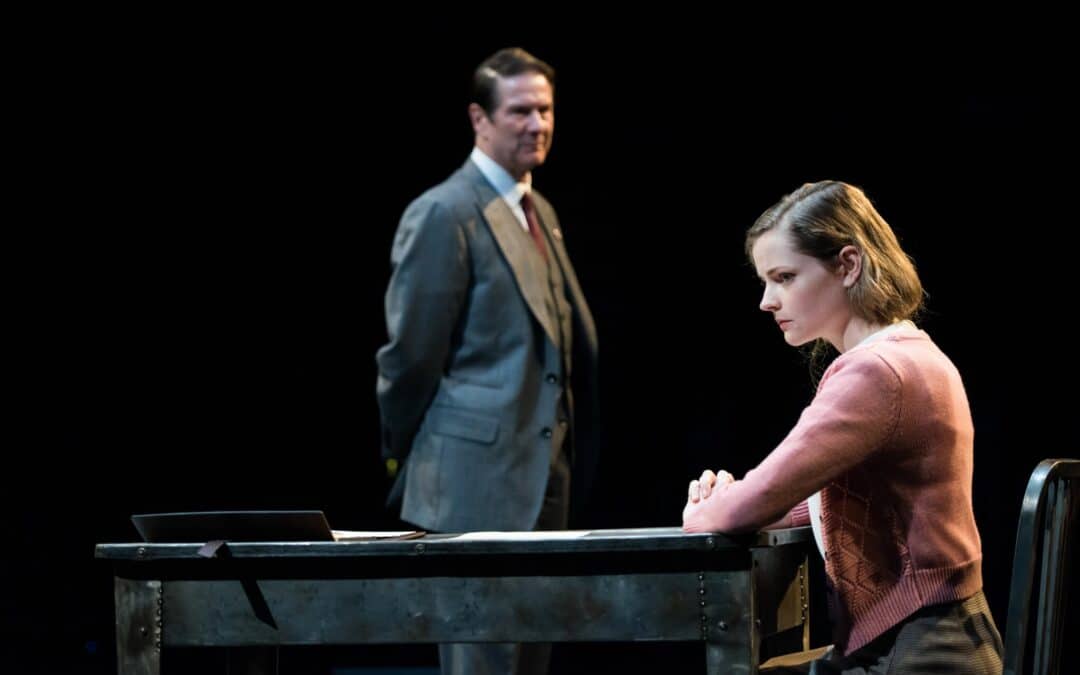
by Jack Gohn | Jul 30, 2017 | The Close Up, Theater Reviews and Commentary
If by betraying her principles Scholl could prolong her life, as opposed to adhering to her principles, dying, and having no impact at all, which choice should she make? And this is not just her existential question: It is her interrogator Grunwald’s as well. It would appear that Grunwald has made the opposite choice. But has he? At the very end of the play, that question is reopened.






 I lived in London and Vienna before coming to the United States, and grew up mainly in Ann Arbor. I was writing plays and stories as early as grade school. My undergraduate years at the University of Pennsylvania, where I first reviewed theater, for the college paper, were succeeded by graduate study at the Johns Hopkins University, where I earned a doctorate in English Literature.
I lived in London and Vienna before coming to the United States, and grew up mainly in Ann Arbor. I was writing plays and stories as early as grade school. My undergraduate years at the University of Pennsylvania, where I first reviewed theater, for the college paper, were succeeded by graduate study at the Johns Hopkins University, where I earned a doctorate in English Literature.